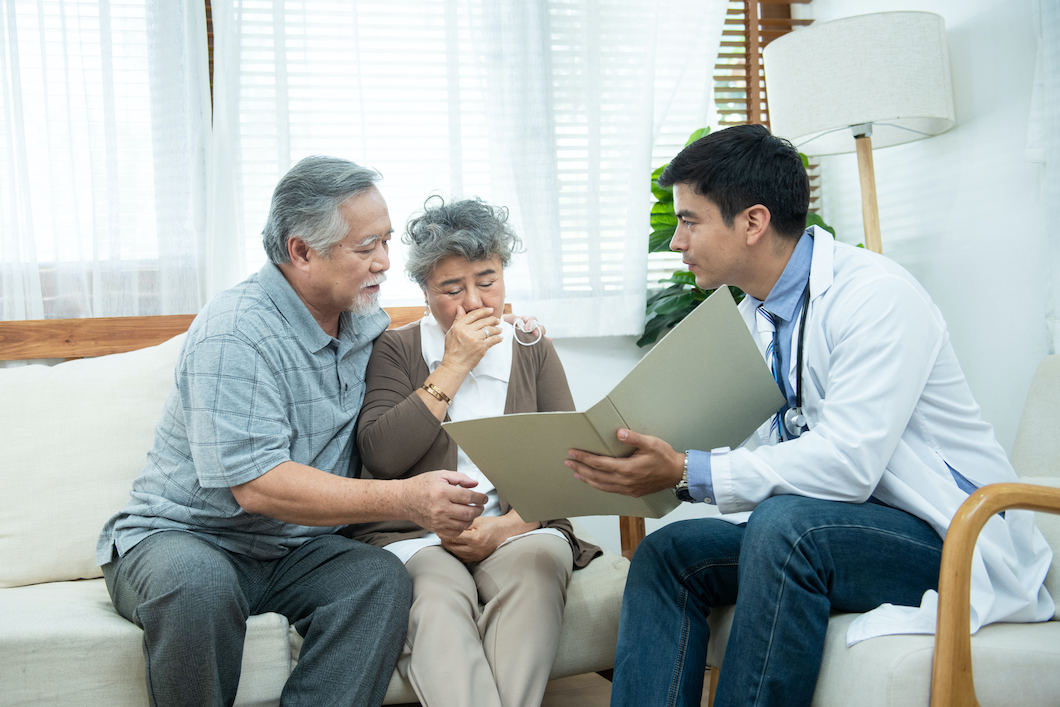
Preventing cancer involves adopting a combination of lifestyle choices and behaviors that reduce your risk. While no method guarantees complete prevention, the following ten strategies are widely supported by scientific research to help lower the risk of developing cancer:
- Avoid Tobacco Use
- Description: Tobacco use is the leading cause of cancer and cancer deaths. Quitting smoking or not starting at all significantly reduces the risk of lung, mouth, throat, pancreas, bladder, and other cancers.
- Reference: American Cancer Society. Tobacco Use and Cancer.
- Maintain a Healthy Diet
- Description: Eating a diet rich in fruits, vegetables, whole grains, and lean proteins while limiting processed meats and red meats can lower cancer risk. Antioxidants and fiber play crucial roles in protecting cells from damage.
- Reference: World Cancer Research Fund. Diet, Nutrition, Physical Activity and Cancer.
- Engage in Regular Physical Activity
- Description: Regular exercise helps maintain a healthy weight, reduces inflammation, and improves immune function, all of which can lower the risk of several cancers, including breast, prostate, and colon cancer.
- Reference: National Cancer Institute. Physical Activity and Cancer.
- Maintain a Healthy Weight
- Description: Obesity is linked to an increased risk of various cancers, including breast, colorectal, endometrial, and kidney cancer. Achieving and maintaining a healthy weight through diet and exercise is essential.
- Reference: Centers for Disease Control and Prevention (CDC). Overweight & Obesity and Cancer Risk.
- Limit Alcohol Consumption
- Description: Excessive alcohol intake is associated with increased risks of cancers such as breast, liver, colon, and esophagus. Limiting alcohol to moderate levels (up to one drink per day for women and two for men) can reduce this risk.
- Reference: American Institute for Cancer Research. Alcohol and Cancer.
- Protect Yourself from the Sun
- Description: Skin cancer is one of the most common cancers. Using sunscreen, wearing protective clothing, and avoiding excessive sun exposure can significantly reduce the risk of skin cancers, including melanoma.
- Reference: Skin Cancer Foundation. Prevention Tips.
- Get Regular Cancer Screenings
- Description: Early detection through screenings like mammograms, colonoscopies, and Pap tests can identify cancers at an early, more treatable stage. Consult healthcare providers to determine appropriate screening schedules.
- Reference: U.S. Preventive Services Task Force. Cancer Screening Guidelines.
- Vaccinate Against Cancer-Causing Infections
- Description: Certain infections can increase cancer risk. Vaccinations such as the Human Papillomavirus (HPV) vaccine and the Hepatitis B vaccine can prevent cancers like cervical, liver, and others.
- Reference: World Health Organization. Vaccines and Cancer Prevention.
- Avoid Risky Behaviors
- Description: Engaging in safe practices, such as using condoms to prevent sexually transmitted infections (like HPV and HIV) and avoiding sharing needles, can reduce cancer risks associated with these infections.
- Reference: Centers for Disease Control and Prevention. Reducing Your Risk.
- Minimize Exposure to Environmental Toxins
- Description: Reducing exposure to carcinogens in the environment, such as asbestos, benzene, and certain pesticides, can lower cancer risk. This includes following safety guidelines at work and at home.
- Reference: National Cancer Institute. Environmental and Occupational Cancer.
-Nguyễn Duy Khiêm-
Further Readings and Resources:
- American Cancer Society: Cancer Prevention & Early Detection
- World Health Organization: Cancer Prevention
- National Cancer Institute: Cancer Prevention Overview
- Centers for Disease Control and Prevention: Cancer Prevention
Implementing these strategies can significantly contribute to reducing the risk of cancer. It’s essential to consult healthcare professionals for personalized advice and screening recommendations based on individual health profiles and risk factors.
